Sufism, often described as the mystical dimension of Islam, has a rich and profound presence in Pakistan. Its roots can be traced back to the early Islamic period, and it has played a significant role in shaping the cultural, social, and spiritual landscape of the region. Sufism’s emphasis on love, devotion, and personal experience of the Divine resonates deeply with the diverse communities of Pakistan, transcending ethnic, linguistic, and sectarian divides.
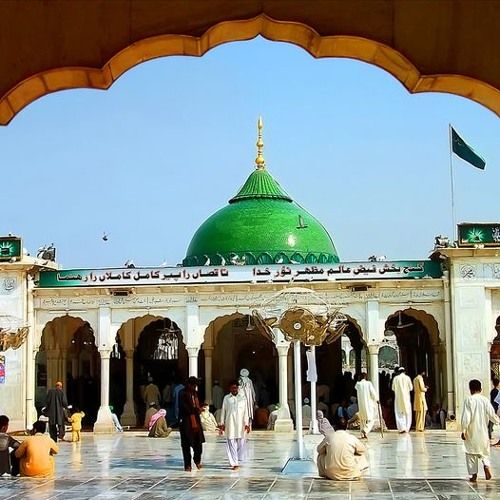
Historical Context and Evolution
The introduction of Sufism in the Indian subcontinent, including what is now Pakistan, began with the arrival of Muslim mystics and missionaries in the 8th century. However, it was during the Delhi Sultanate and Mughal periods (13th-18th centuries) that Sufism truly flourished. Renowned Sufi saints like Hazrat Data Ganj Bakhsh, Hazrat Lal Shahbaz Qalandar, and Hazrat Bahauddin Zakariya established their centers in Lahore, Sehwan, and Multan, respectively, which became hubs of spiritual activity and learning.
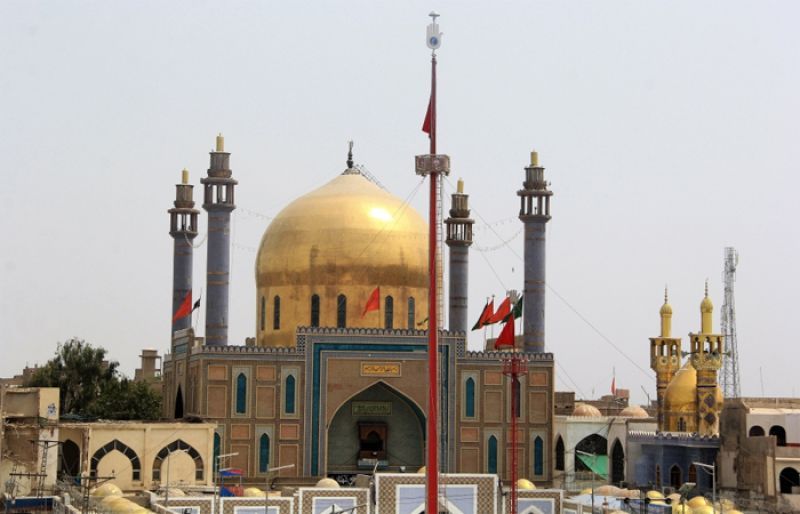
These Sufi saints and their disciples spread the message of Islam through their personal conduct, poetry, and social work. They addressed the spiritual and material needs of the masses, often providing food, shelter, and education. This practical and compassionate approach helped Sufism gain immense popularity among the local population, who found solace and guidance in its teachings.
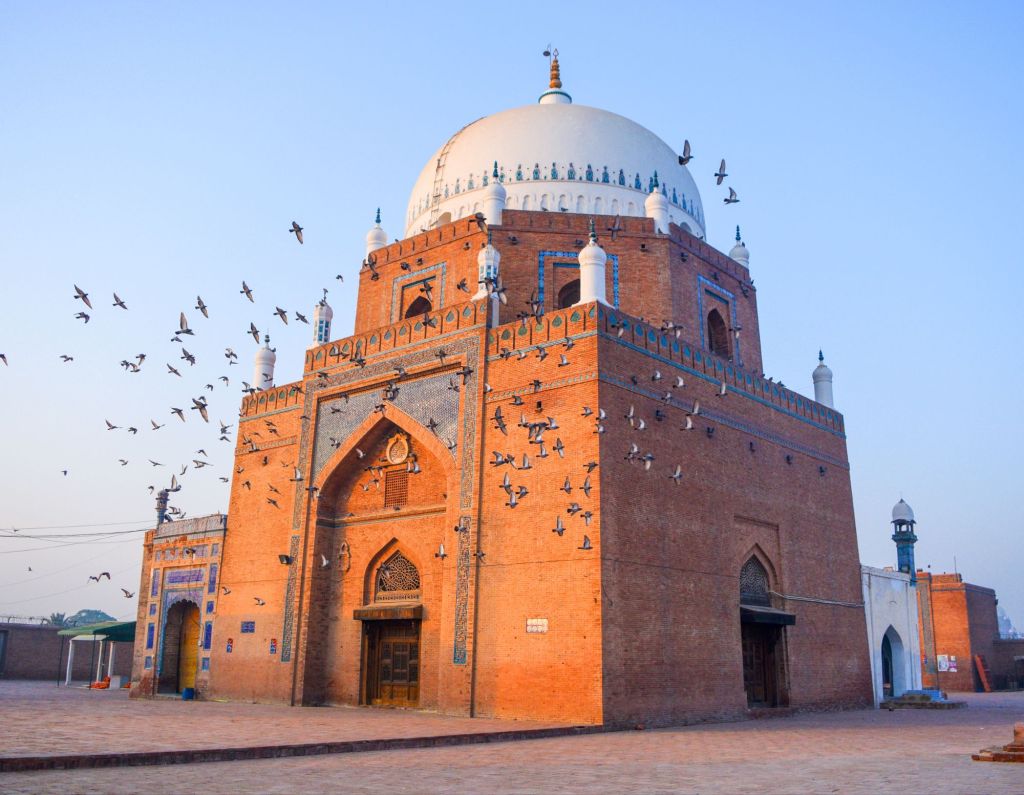
Core Principles and Practices
Sufism in Pakistan, as elsewhere, revolves around the pursuit of inner purification and direct experience of God. Its core principles include:
- Tawhid (Oneness of God): Sufis emphasize the unity of all creation under one God. They seek to transcend the material world and experience the Divine presence in every aspect of life.
- Love and Devotion: Love for God and His creation is a central tenet of Sufism. This love manifests in various forms, including poetry, music, and service to humanity.
- Zikr (Remembrance): Regular recitation of God’s names and attributes is a common practice among Sufis. This ritual, often performed collectively in gatherings called mehfils, helps in attaining spiritual concentration and connection with the Divine.
- Ihsan (Excellence in Worship): Sufis strive for perfection in their worship and conduct, seeking to embody the moral and ethical teachings of Islam in their daily lives.
- Fana (Annihilation) and Baqa (Subsistence): These concepts describe the spiritual journey of a Sufi, where the self is annihilated in the love of God (fana) and then subsists in His will (baqa).
Major Sufi Orders in Pakistan
Several Sufi orders, known as tariqas, have a significant presence in Pakistan. The most prominent among them include:
- Qadiri Order: Founded by Sheikh Abdul Qadir Jilani, this order emphasizes strict adherence to Sharia (Islamic law) while pursuing spiritual enlightenment. Its influence is widespread in Punjab and Sindh.
- Chishti Order: Known for its emphasis on love, tolerance, and openness, the Chishti order was introduced to the subcontinent by Khwaja Moinuddin Chishti. Its followers are known for their devotion to music and poetry, particularly qawwali.
- Suhrawardi Order: Founded by Sheikh Shahabuddin Suhrawardi, this order combines mysticism with intellectualism. It has a strong presence in Multan and southern Punjab.
- Naqshbandi Order: This order, introduced by Bahauddin Naqshband, emphasizes silent zikr and the inner aspects of spiritual practice. It is known for its rigorous discipline and has a substantial following in various parts of Pakistan.

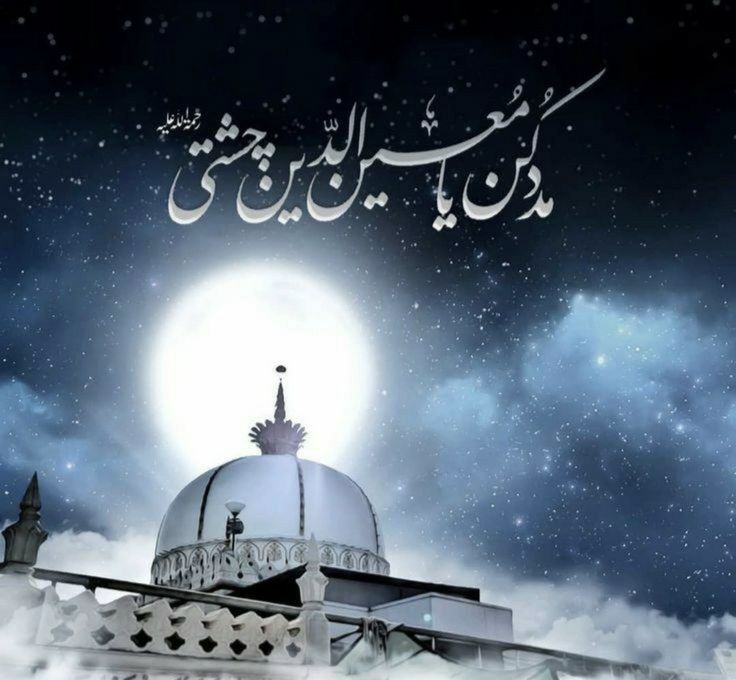
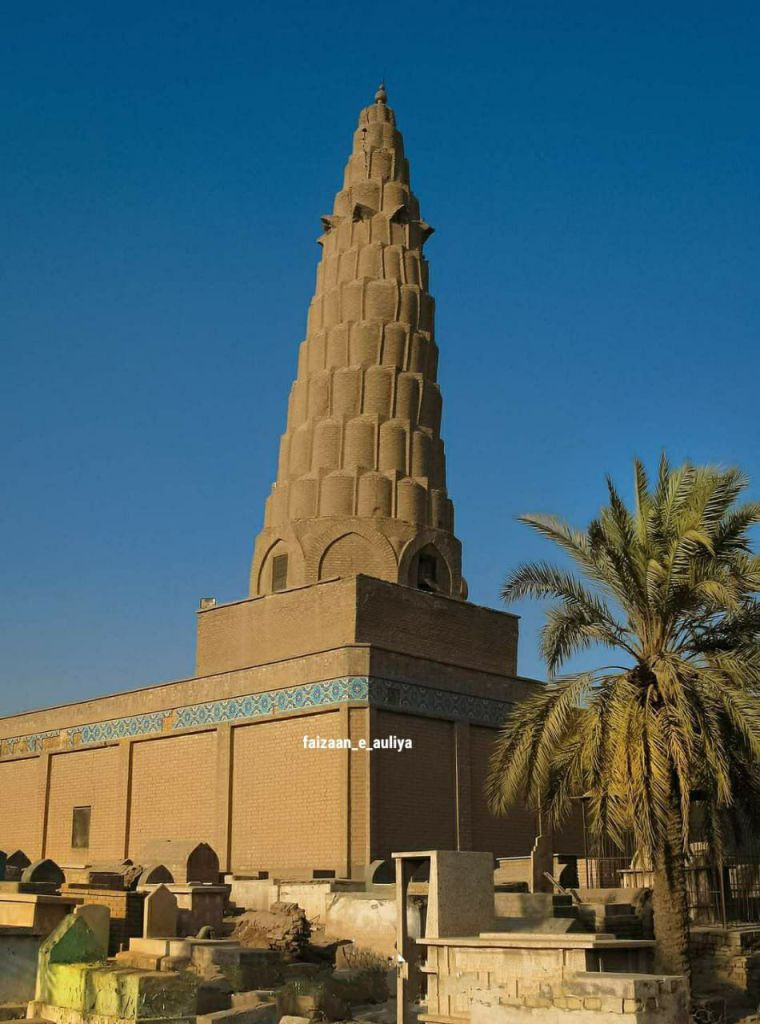
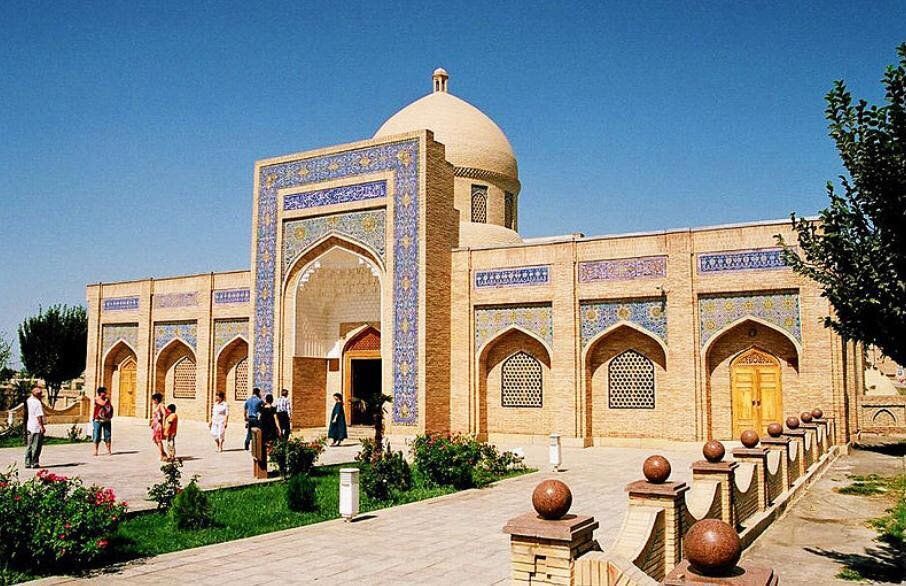
Cultural and Social Impact
Sufism’s influence permeates many aspects of Pakistani culture, from literature and music to festivals and social customs. Sufi poetry, particularly the works of poets like Shah Abdul Latif Bhittai, Bulleh Shah, and Waris Shah, continues to inspire and guide people with its profound spiritual and humanistic themes. These poets used vernacular languages and local imagery, making their messages accessible and relatable to the common folk.
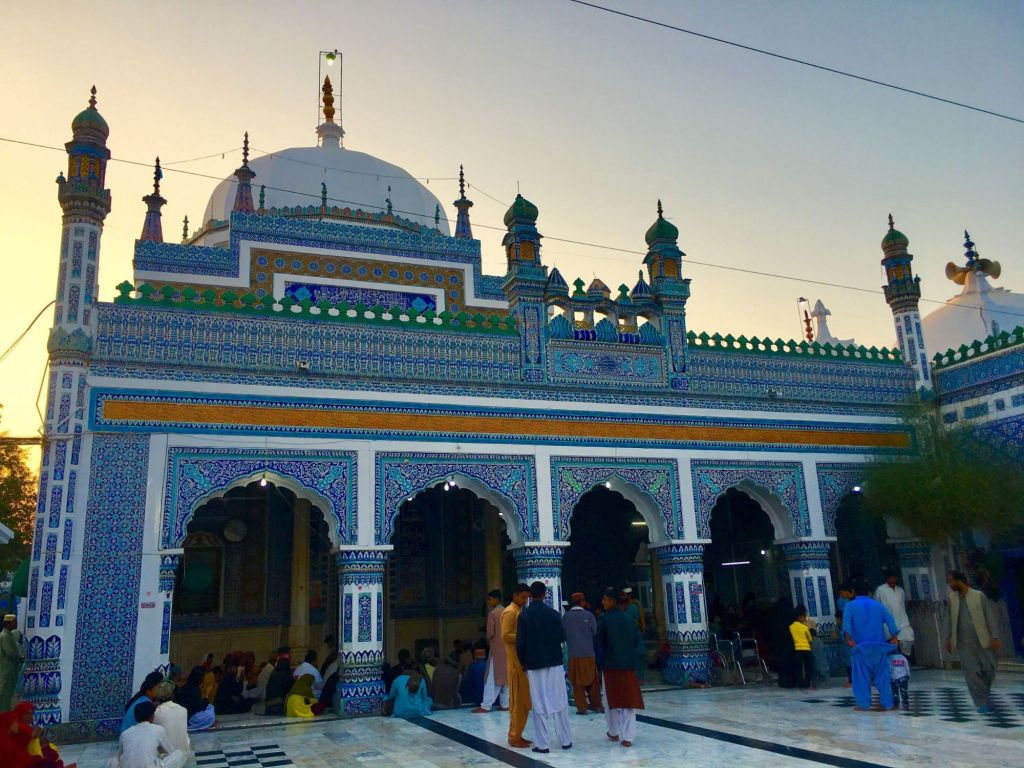
Sufi music, especially qawwali, has a special place in the hearts of Pakistanis. The legendary Nusrat Fateh Ali Khan and other qawwals have taken this genre to international audiences, showcasing the rich spiritual and cultural heritage of Pakistan. Qawwali performances are not just musical events; they are spiritual experiences that often lead to states of ecstasy and transcendence for both the performers and the audience.
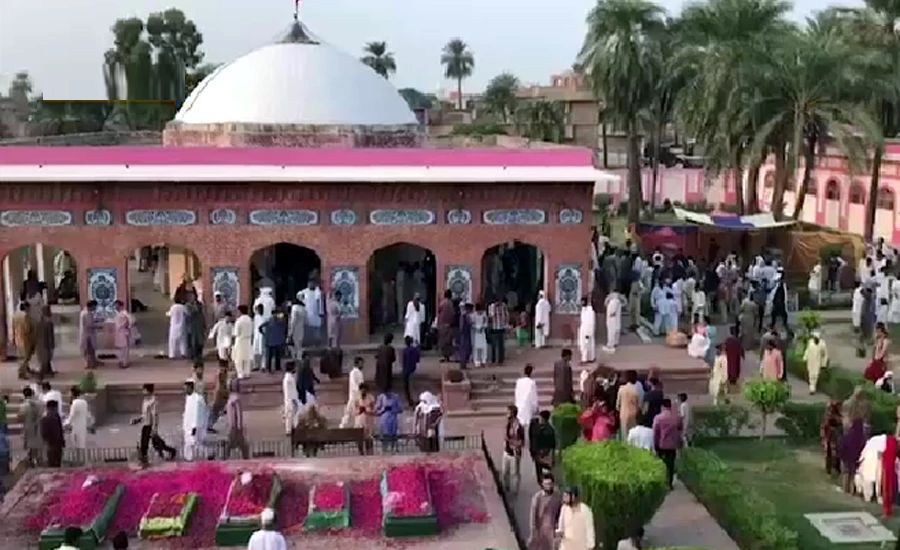
Sufi shrines, or dargahs, are central to the spiritual and social life of many Pakistanis. These shrines, dedicated to revered saints, serve as places of pilgrimage, communal gatherings, and social welfare activities. Major shrines like Data Darbar in Lahore, the shrine of Lal Shahbaz Qalandar in Sehwan, and the shrine of Baba Farid in Pakpattan attract millions of devotees every year, irrespective of their religious or sectarian affiliations.
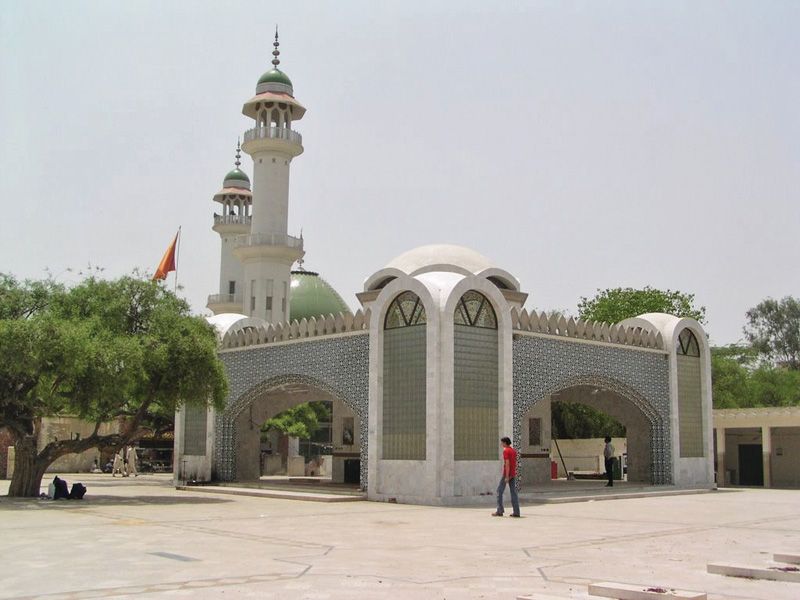
Contemporary Relevance and Challenges
In contemporary Pakistan, Sufism faces both opportunities and challenges. On one hand, the inclusive and peaceful message of Sufism offers a counter-narrative to the rising tide of religious extremism and sectarian violence. Many Pakistanis, disillusioned with rigid and divisive interpretations of Islam, find solace and inspiration in the teachings of Sufi saints.
However, Sufism also faces challenges from various quarters. The commercialization of some shrines, with excessive focus on rituals and donations, has led to criticism and calls for reform. Additionally, extremist groups have targeted Sufi shrines and practitioners, viewing their practices as un-Islamic. High-profile attacks, such as the bombing of the Lal Shahbaz Qalandar shrine in 2017, have highlighted the vulnerability of Sufi communities in the face of militant violence.
Despite these challenges, Sufism remains a vital and resilient force in Pakistan. Its message of love, tolerance, and spiritual devotion continues to resonate with millions, providing a beacon of hope and unity in a turbulent world. The enduring legacy of Sufi saints and their teachings reminds Pakistanis of their rich cultural and spiritual heritage, inspiring them to strive for a more inclusive and harmonious society.
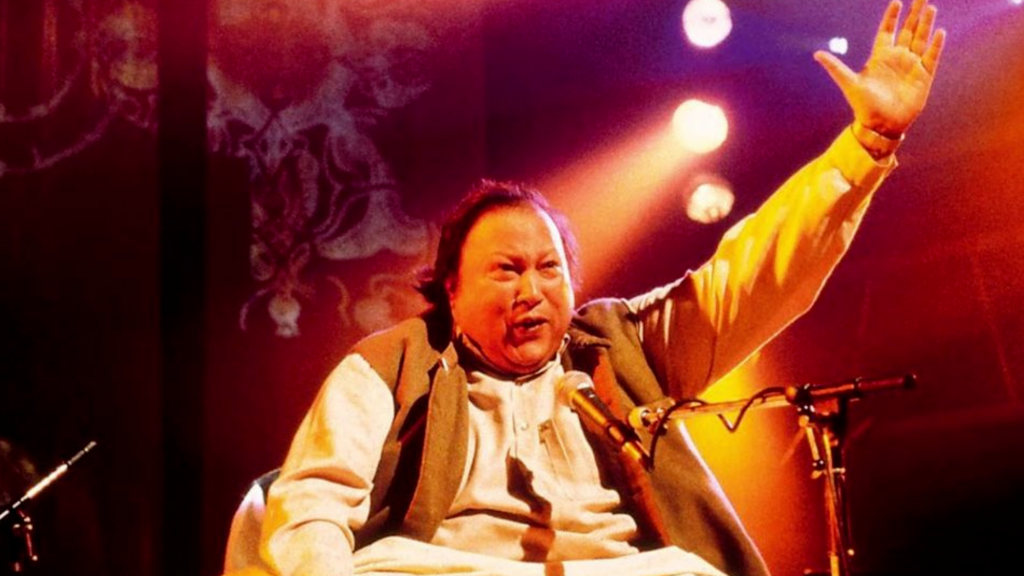
Conclusion
Sufism in Pakistan is more than a religious tradition; it is a profound cultural and spiritual force that has shaped the nation’s identity. From its historical roots to its contemporary relevance, Sufism offers a path of inner transformation and social harmony. Its emphasis on love, compassion, and unity provides a powerful antidote to the forces of division and extremism, guiding Pakistan towards a future rooted in the timeless values of peace and spiritual enlightenment.
Leave a comment